Grammatically speaking ookii can be used as a prenominal adjective as well as a postnominal adjective eg 大きい犬 (ookii inu) a big dog あの犬は大きい (ano inu wa ookii) that dog is big メダカ水槽の大きさ比較。 一辺が10㎝違うと容量差が大きいです。 今日は、一日ぐずついた天気でした。 最高気温が30℃を超えているのですが、猛暑日とはほど遠い体感温度です。 雨が降ったりやんだりの曇天ですからそうなのかもしれませんし つまり、「large」は、平均より大きいという客観性があるのに対して、 「big」は、話者の感想として「大きい」というニュアンスがあります 。 When my younger sister was pregnant with her twins, she was really big
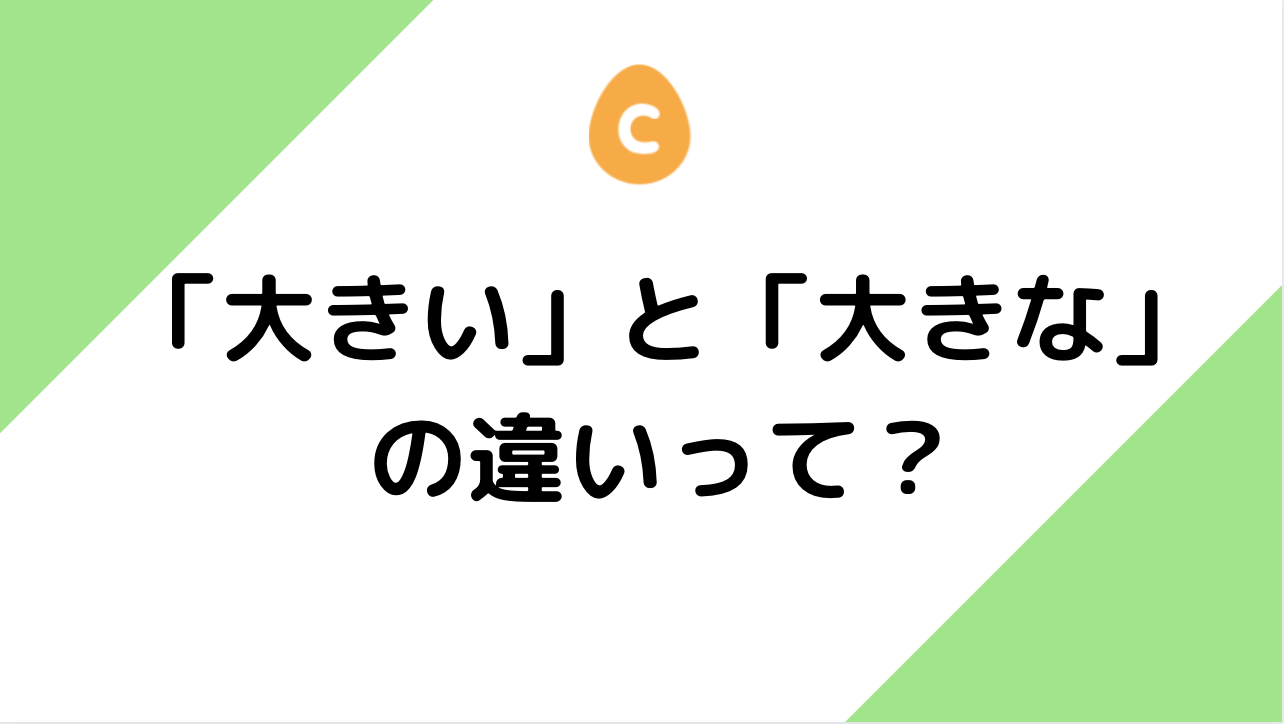
大きい と 大きな の違いって 日本語教師応援サイト コトハジメcotohajime
大きい 大きな difference
大きい 大きな difference-① big 大きい(話し言葉での頻度が高い) ② large 大きい(書き言葉での頻度が高い) ③ huge 非常に大きい;楽天市場nuts(時計&デザイン雑貨)のファッション小物 > クニルプス(折りたたみ傘) > ts2(定番レディース・シニア向け)一覧。楽天市場は、セール商品や送料無料商品など取扱商品数が日本最大級のインターネット通販サイト




Learn Japanese To Say Big Tree In Japanese 大きい木 Facebook
2 What's the difference between 大きい (ookii) and 大きな (ookina)?A number of iadjectives end in shii (〜しい) (sometimes written sii)These are overwhelmingly words for feelings, like kanashii (悲しい, sad) or ureshii (嬉しい, happy)These were originally a separate class of adjectives, dating at least to Old Japanese (see Old Japanese adjectives), where the two classes are known as ku (〜く) and shiku (〜しく), corresponding to i and shii 大きい 大きな difference, 株式会社藤田商店 評判 サミット 立石4 10 1 g700 アイアン 価格 リキモリ オイル 価格 maneki nekko 枚方 長尾 美容院 ライフパック ニュースキン 光が丘 よさこ
「差」は英語で「gap」と「difference」です。「gap」も「隙間」の意味です。「年の差」は「age gap」や「age difference」と言います。 あの人と私の才能の差は大きいです。 There is a big difference between that person's abilities and mine あのカップルは結構年の差がありますね。Given the description above, the distinction appears to be英語日本人の「another big difference」の文脈での翻訳。 ここに「another big difference」を含む多くの翻訳された例文があります英語日本人翻訳と英語翻訳の検索エンジン。
④ great 程度、数量について言うことが多い大きな is more conceptual while 大きい is more factual If you are planning to buy a big bag, you can walk into a shop and say either 大きな カバンを ください。 or 大きい カバンを ください。 However, if they brought out 2 bags of difference sizes and if you want a bigger one, you say 大きい カバン そのショッピングモールにはたくさんの大きなお店があります。 Ref FREE Japanese Word of the Day Widget JapanesePod101 The translation is "There are a large variety of stores at the mall" I was expecting "There are many big stores at the shopping mall" I don't know where the variety comes in Also what is the difference in
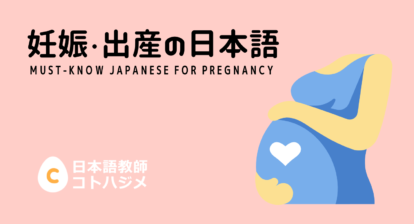



大きい と 大きな の違いって 日本語教師応援サイト コトハジメcotohajime
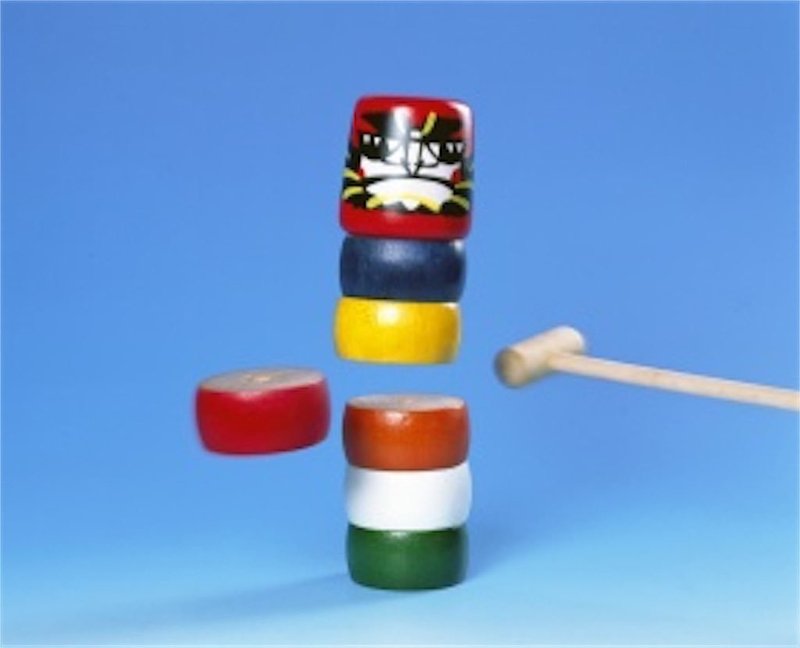



What Is The Difference Between Kinematics And Kinetics キネマティクスとキネティクスの違いは何ですか Shota Uchino Note
結論:2つを比べる「差異」と、複数のものの差を比べる「相違」 「差異」は、「他の物と異なる部分」のことや「2つの物の間にある違い」を意味 します。 一方で、 「相違」は、「複数のものを比べたときの、基準との差」 を表しています。物事の程度や、関わる範囲などが大であるという意で名詞を修飾する場合、その名詞が「問題」「影響」など抽象名詞のときは、「大きな」を用いることが多い。 「でかい」は、実際に数量や、スケールが大きい場合に使う。 「大きい」「大きな」より、くだけた言い方になる。 「でっかい」とも。例えば、洋服店の大きめなサイズの服や、ドリンクショップの一番大きなサイズは「large size」と表記されている場合がほとんどですよね。 サイズを表現する場合によく使われる、Sサイズ・Mサイズ・LサイズのLサイズも、この「large」のLから来ています。 このように、 標準を基準として「大きい・多い」のもを「large」と表現をするのです。 この「large」は「big」と




小さい 大きい と 小さな 大きな はどう違いますか Hinative




日米のマクドナルドで購入できる最も大きいバーガーのサイズを比較してみた Gigazine
For example, 大きな家 大きい can use at end of sentence あの家は大きい。 They have almost the same meaning as a premodifier but only 大きい can be used as a predicator For example, 彼女の目は大きい is natural but 彼女の目は大きな sounds strange 大きい (おおきい), 大きな (おおきな) Synonym for 大きい There is not different meaning But 大きな have to use with nounDùng sao cho đúng? 一般的に、「big」は「主観的/感覚的」、「large」は「客観的」なニュアンスをもって使われる。 つまり、「This is a big shirt」は、「自分にとって大きい」という文章になる。 たとえサイズ的に大きい服だったとしても、もし自分が小さいと感じるようであれば「big」は使わない。 一方、「large」は客観的な表現なので、「This is a large shirt」であれば、「一般的な




心が広い と 器が大きい と違いとは 分かりやすく解釈 言葉の違いが分かる読み物



I Tried Eating With Circle K Thanks At Circle K Sunkus For 2 Day Limited White Day Kiln Out Pudding Assorted 2 Pieces Gigazine
2「小さな」は名詞の前にしかつかない 「小さな」は 名詞の前にしかつきません 。 「大きい」跟「大きな」的意思都是形容「大」的人事物。 大きい家 = 大きな家 (很大的房子) 大部分的情況是相同意思,如果要區分的話, 「大きい」主要用於 具體的 事物上,「大きな」則帶有 抽象概念 、觀念性質等想像空間 。 Long answer 大きな is much more frequently used and there is a small difference in nuance, but in most cases, they can be used interchangeably without sounding strange 大きい is a little more "distant" and literal than 大きな




Tips On Japanese March 15




任意売却 Hamahome
差が大きい Weblio Email例文集 Difference in specification 例文帳に追加 仕様違い Weblio Email例文集 a distinct difference 例文帳に追加 明白な差異 研究社 新英和中辞典 a slight difference 例文帳に追加 わずかな差異 研究社 新英和中辞典 Evolution Big differences between sexes may lead to extinction 性差が大きな生物種ほど絶滅する可能性が高くなることを明らかにした論文が、今週掲載される。 性選択の結果として、交尾相手の誘引や獲得競争に役立つ性質を有する一定数の個体の繁殖成功度が高まる 大きい and 大きな are interchangeable in most cases On average, 大きな is 8 times more frequently used than 大きい which directly modifies the following noun 大きい sometimes means "elder/older" 大きな doesn't 一番大きい兄さん (the eldest brother) vs 一番大きな兄さん (elder brother with the largest body)




大きい と 大きな の違いとは 小さい 小さな 大きな の品詞は 区別 意味に違いがあるのかをご紹介




大きい Vs 大きな Easyjapanesee
There's a big difference 大きな差があります difference は「差」という意味の英語表現です。 例: There's a big temperature difference in winter and summer 冬と夏では気温の差が大きいです。 お役に立ちましたでしょうか? 英語学習応援しています!Largeとは。意味や和訳。形(larg・er;larg・est)1 〈物が〉大きい(解説的語義)大きな,広い,かさ高い,大型の;〈人が〉大柄の,((遠回しに))太った( fat を避けて)a large pan大型フライパンThe shirt comes in Small, Medium and LargeそのシャツはSMLの3サイズがある1a 〈物(の数量)が〉多くの(解説※サイズが大きいのではないのでlargeは使えません。 He made a big mistake(彼は大きな失敗をしました) X That is a large chance for her ※サイズが大きいのではないのでlargeは使えません。 That is a big chance for her(あれは彼女にとって大きなチャンスです)




大きなサバ たいぴろのきままdiary
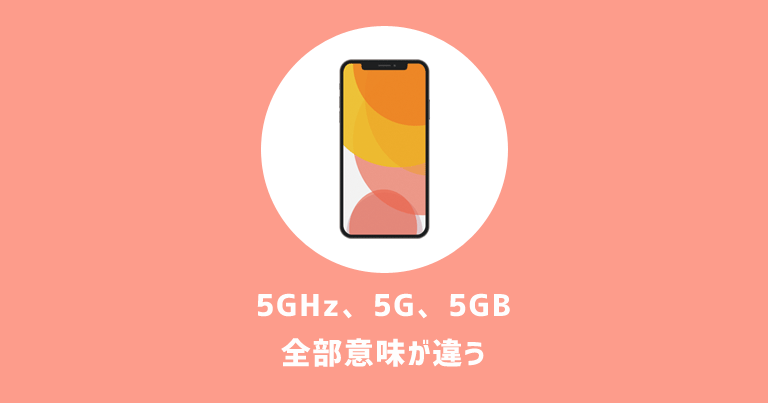



5ghz 周波数 と5g 世代 と5gb 通信量 メモリ ストレージ の違いを初心者向けに解説します
例えば建造物や動物など物理的に大きな物によく使われるが、huge sums of money(巨額の資金)やhuge difference(大きな違い)など量や度合いが巨大である場合も使用する。very hugeと表現することは出来ない。「大きい」VS 「大きな」Khác nhau như thế nào? 正解は、1の「Large public bath」です。 Largeは他と比べて大きいこと、つまり客観的に見た物理的に大きいことを表し、 「一般的なサイズよりも大きな浴場」 なので、a large public bathです。 一方、bigは主観的に見た大きさです。




Web限定 爆買い 限定セール 大きいサイズ スーツ 春夏2ツボタンビジネススーツ Ke体メンズ 黒 ブラック グレー 楽天カード分割 Vbhack Ru
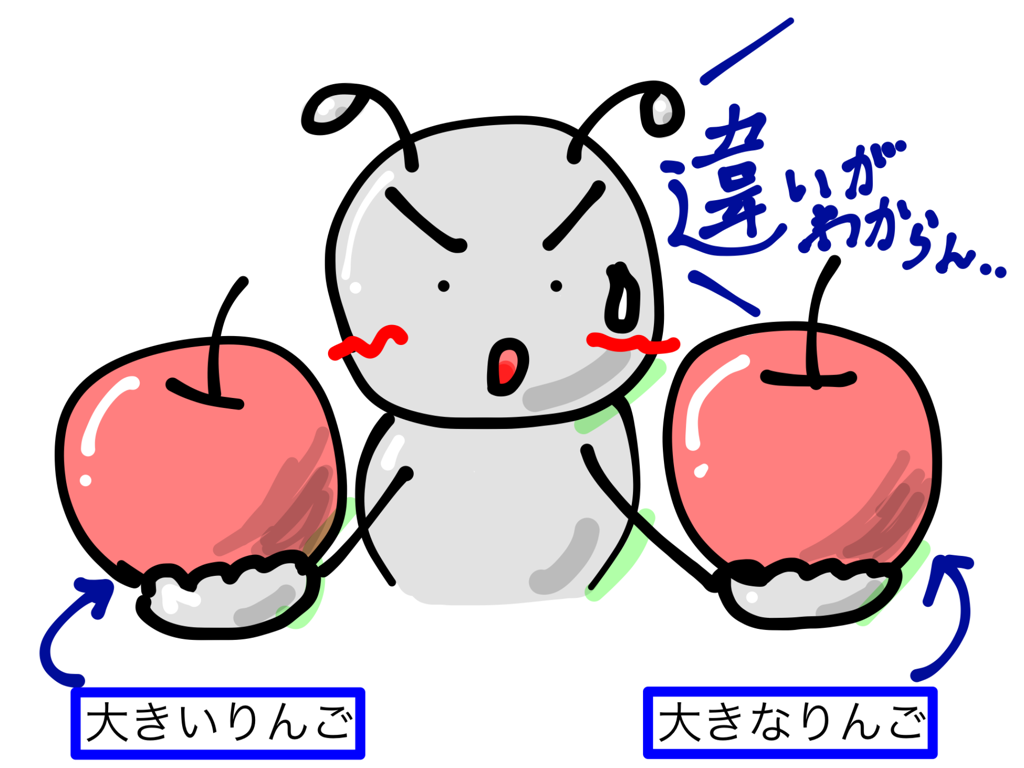



大きいりんご と 大きなりんご 前半 日本語教師レポート
Some Japanese iadjectives, including ōkii (大きい) big and chiisai (小さい) small also have a na form, like ōki na inu (大きな犬) a big dog or chiisa na neko (小さな猫) The na form of these adjectives can be used before a noun, as in ōki na inu (大きな犬), but not at the end of a sentence or phrase, where the form ōkii, like yume ga ōkii (夢が大きい) have They have similar meanings, but 大きい is an adjective, 大きな is a "prenoun adjectival" (連体詞) So the conjugation is different If we use 大きい, then 大きくて丸いテーブル is correct If we use 大きな, we cannot use the て form because a pre You can use both 大きい and 大きな before nouns, is there any difference in meanings, or a reason to choose one other the other?




Learn Japanese To Say Big Tree In Japanese 大きい木 Facebook




大きい Big Large Great の違いと使い方 篝火の郷
Translations in context of "ANOTHER BIG DIFFERENCE" in englishjapanese HERE are many translated example sentences containing "ANOTHER BIG DIFFERENCE" englishjapanese translations and search engine for english translations大きい おお きい big, large iadj 大きな おお きな big, large naadj There is no difference between 大きい(iadjective) and 大きな(naadjective) in the meaning and the usage 大きい家 and 大きな家 are equally correct to mean a big house 大勢 おお ぜい many (people) adv 子どもが 大日本語 「大きい」と「大きな」はほとんど同じですが、 「大きな」は後ろに抽象的な名詞(例えば、「私は大きな夢を持っている」などの形のない名詞)で、「大きい」は後ろに具体的な名詞(例えば、「あの大きい建物は何? 」や などの形がある名詞)という違いです 「大きい」と「大きな」はほとんど同じですが、 「大きな」は後ろに抽象的な名詞(例えば



外国人彼氏が欲しいなら大きなお尻を手に入れるべし 自宅でできるエクササイズ Chisa And John



保存版 以下 以上 未満 超える の違い
Shogakukan's Ruigo Reikai Thesaurus Dictionary has this to say about differences in meaning and usage 「大きい」は、「夢が大きい」「大きく夢みる」のように述語として、また 連用修飾語としても使うが、「大きな」は「大きな (名詞)」という言い方でしか使わない。 Ōkii is used as both predicate and as a continuative modifier as in yume ga ōkii, ōkiku yume miru, but ōkina is onlyFor example 大きい花 大きな花Google の無料サービスなら、単語、フレーズ、ウェブページを英語から 100 以上の他言語にすぐに翻訳できます。
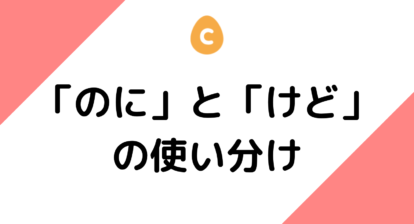



大きい と 大きな の違いって 日本語教師応援サイト コトハジメcotohajime
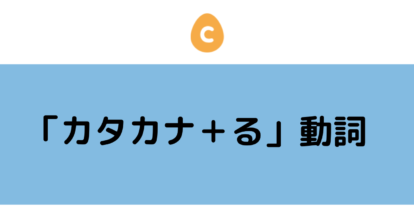



大きい と 大きな の違いって 日本語教師応援サイト コトハジメcotohajime
As shown above, both 大きい声 and 大きな声 would be equally valid The person who told you that 大きな should be used more for nonphysical things might have used the wrong word;




Crunchy Nihongo What Is The Difference Between Ookii Ookina
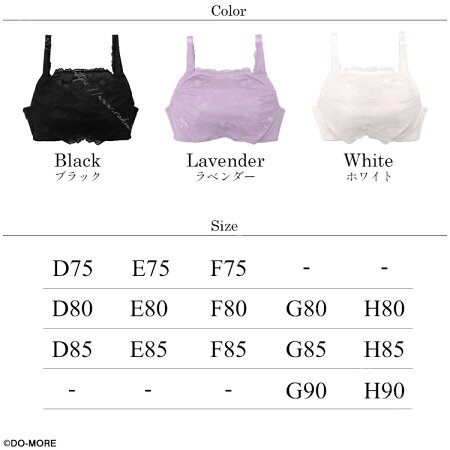



楽天市場 クーポン配布中 送料無料 ネコポス 胸を小さく見せるブラ スマートメイクブラ 胸が小さく見えるブラ 大きな胸を小さく見せるブラ ブラジャー 補正ブラ 補正下着 大きいサイズ Fカップ Gカップ Hカップ 着やせ グラマー スリムブラ ナイトブラ Do
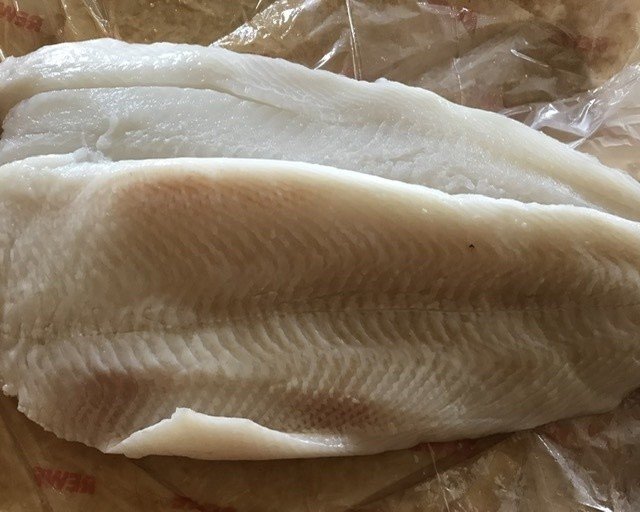



オヒョウのグリル 赤ワインとフェンネルのソース Yoko De ドイツ暮らし Note



投資顧問ベストプランナーのプランの違いによる影響は大きいのか




大きい と 大きな の違いとは 小さい 小さな 大きな の品詞は 区別 意味に違いがあるのかをご紹介




大きい瓶入り ノンナヒーロー も復活 ティラミスヒーローが北千住マルイに期間限定オープン えん食べ



1



ウズラ ズ 一回り大きな卵を産む クラりん カナたん日記 楽天ブログ



Oft メガスマート 猫 ネコ ねこ トイレ フード フタ 大きい ビッグ 飛び散り 大きめ シンプル おしゃれ おすすめ 海外製 Oft Store Yahoo 店 通販 Yahoo ショッピング




大きい と 大きな の使い分け やはりルールがあった 贈る言葉情報館




全国組立設置無料 大きいサイズ スーツ アジャスター付春夏2つボタンビジネススーツ E体 K体 ブラック ネイビー グレー メンズ 即日出荷 Www Yowerikmuseveni Com



Xcvixkao2wdqkm




ソーシャル スタートアップ 組織を成長させ インパクトを最大化する5つの戦略 キャサリーン ケリー ヤヌス 高崎拓哉 Ngo Npo Kindleストア Amazon
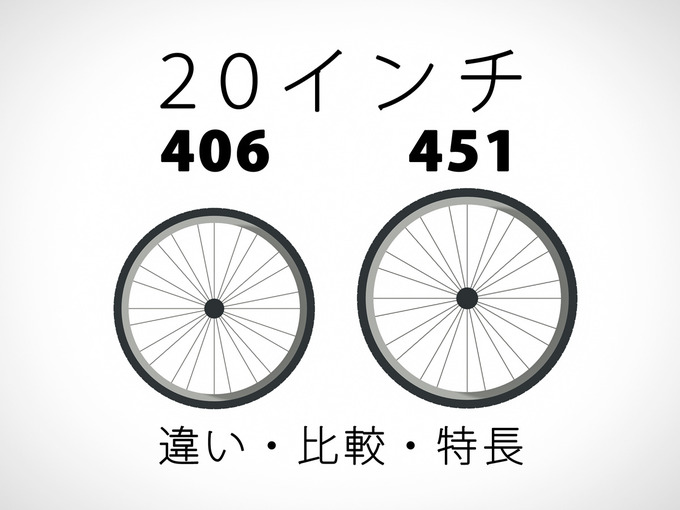



406と451を比較 それぞれの違いとメリット デメリット Mini Velo 道 ミニベロロード
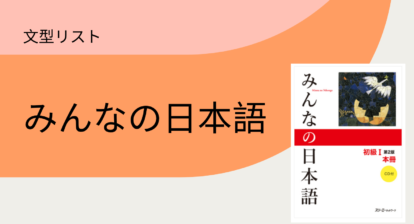



大きい と 大きな の違いって 日本語教師応援サイト コトハジメcotohajime
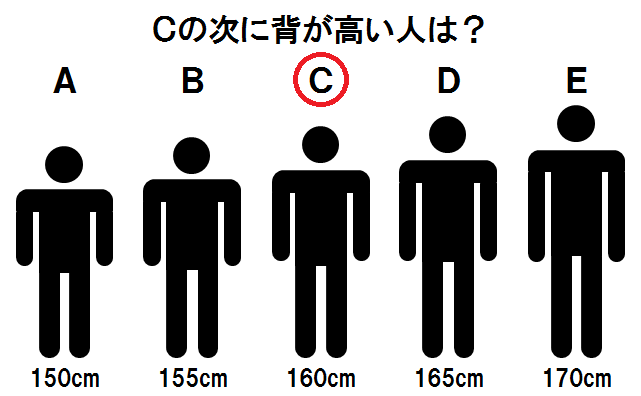



x y になる xの次に大きいy の用例 メモ 13 10 10




大きな毛アルマジロ Chaetophractus Villosus 大きい毛アルマジロとしても知られています の写真素材 画像素材 Image




差動制限型ディファレンシャル




おおきなウサギ レッキス 札幌のうさぎ専門店 Mon Lapin のブログ




大きい と 大きな の使い分け やはりルールがあった 贈る言葉情報館




1分でわかる Bigとlargeの違いと正しい使い方 ペラペラ部




Big Difference Between 大きい 大きな Youtube




激安単価で Levi S 505レギュラーフィットデニムパンツ 大きいサイズ メンズ ビッグサイズ メンズファッション 3l4l5l6l8l 大きいサイズの服 専門店 大きなサイズ ビックサイズ 超特大 ストレッチ リーバイス カジュアルパンツ ジーンズ Web限定 Hentaitalk Com




大きい は形容詞 大きな は連体詞 塾長の独り言




大きい と 大きな の違いって 日本語教師応援サイト コトハジメcotohajime
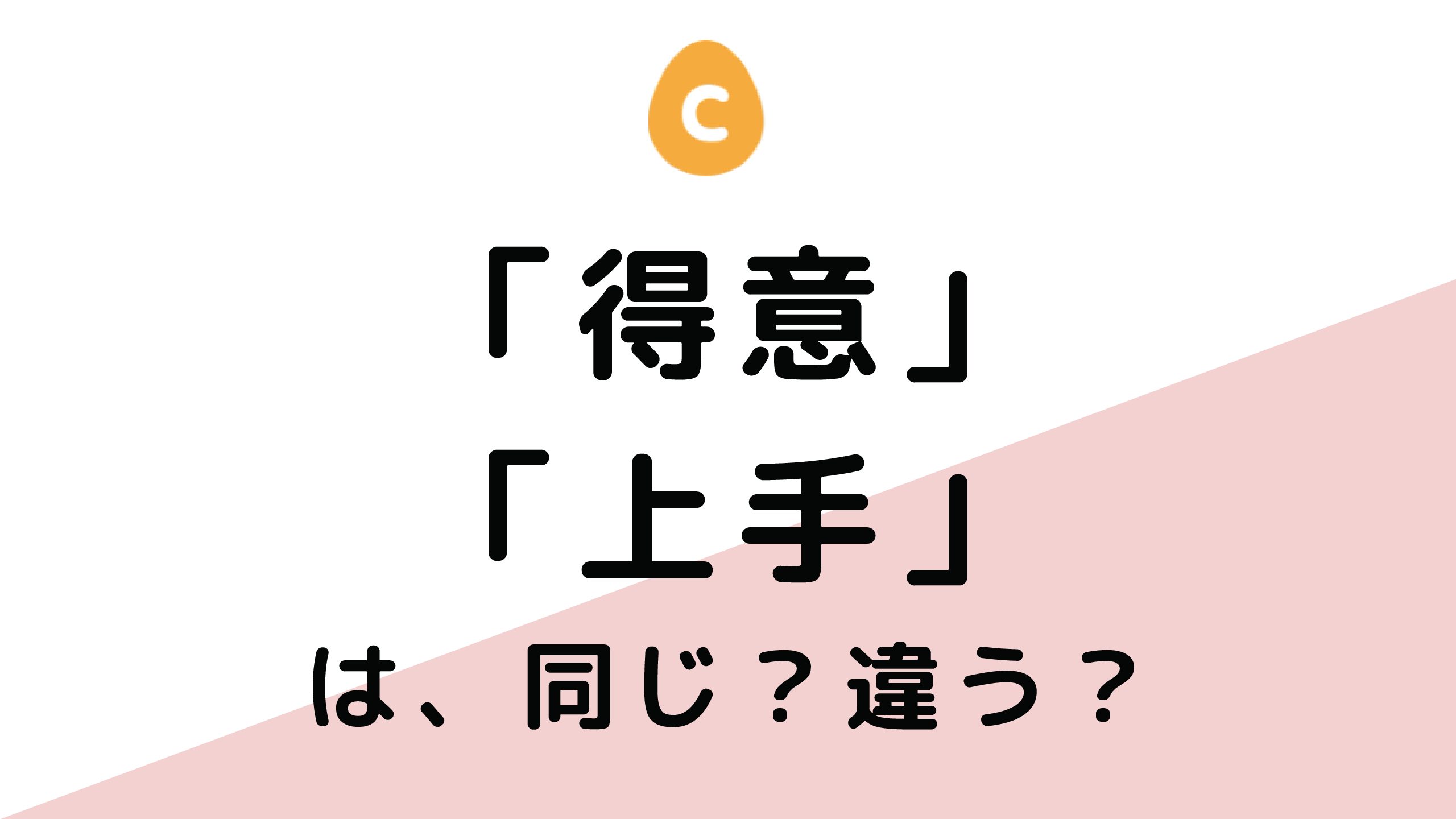



大きい と 大きな の違いって 日本語教師応援サイト コトハジメcotohajime



Wind Powered Electric Vehicle Loop Wing Wind Force Generation Tamiyablog




コピー機 複合機 の種類って何種類 家庭用と業務用の違いってなに お役立ち情報 Office110
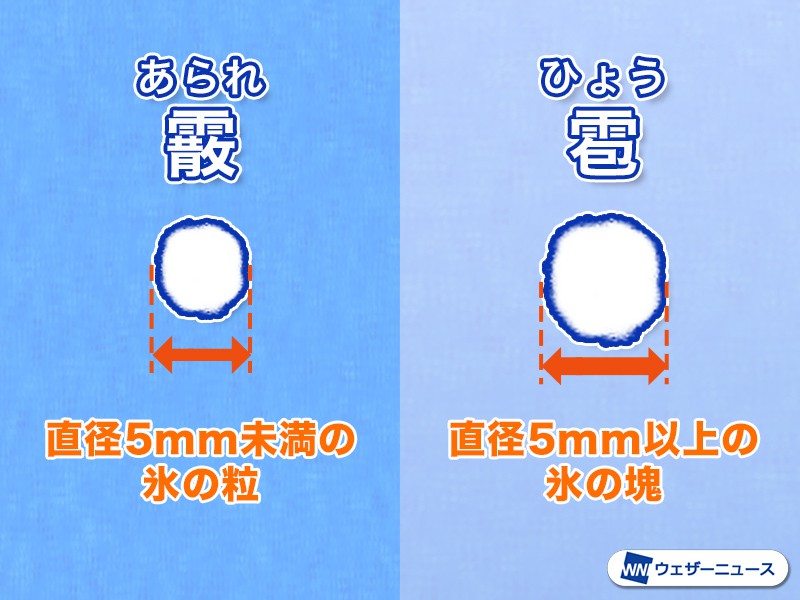



霰 あられ と雹 ひょう その違いと危険性 ウェザーニュース




What Is The Difference Between 大きい 小さい And 大きな 小さな 大きい 小さい Vs 大きな 小さな Hinative




クマンバチ クマバチ って刺すの スズメバチと良く間違えられる大きなハチ




形容詞とは 日本語文法 形容詞 形容動詞 副詞の簡単な見分け方 一覧 活用 Upwrite



ブラパッド 低反発 半円型 交換用 1組 大きいサイズ バストパッド 挿入 薄手 5mm前後 Bp5 Pc1 Bp5 Karly Shop 通販 Yahoo ショッピング




大きな印刷一般的な知識単語検索パズル シークワーズのベクターアート素材や画像を多数ご用意 Istock




日本商品と海外商品の違いについて
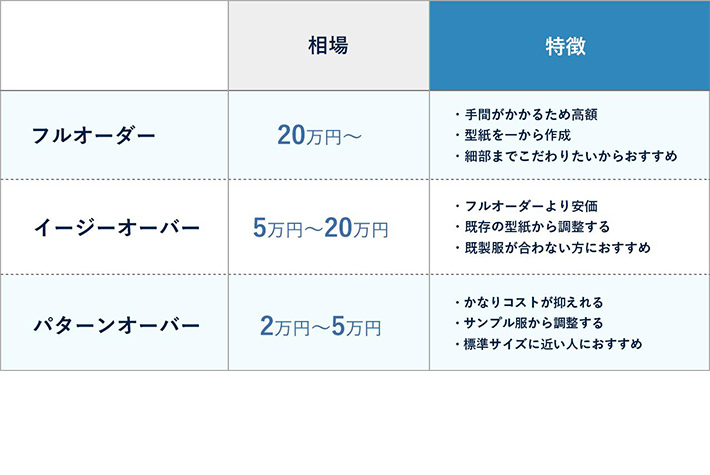



スーツから足元まで パターンオーダーで気軽にオーダーメイドを楽しもう オーダースーツブランドdifference ディファレンス




英語 Huge Enormous Tremendous 巨大な とても大きい の意味の違いと使い分け
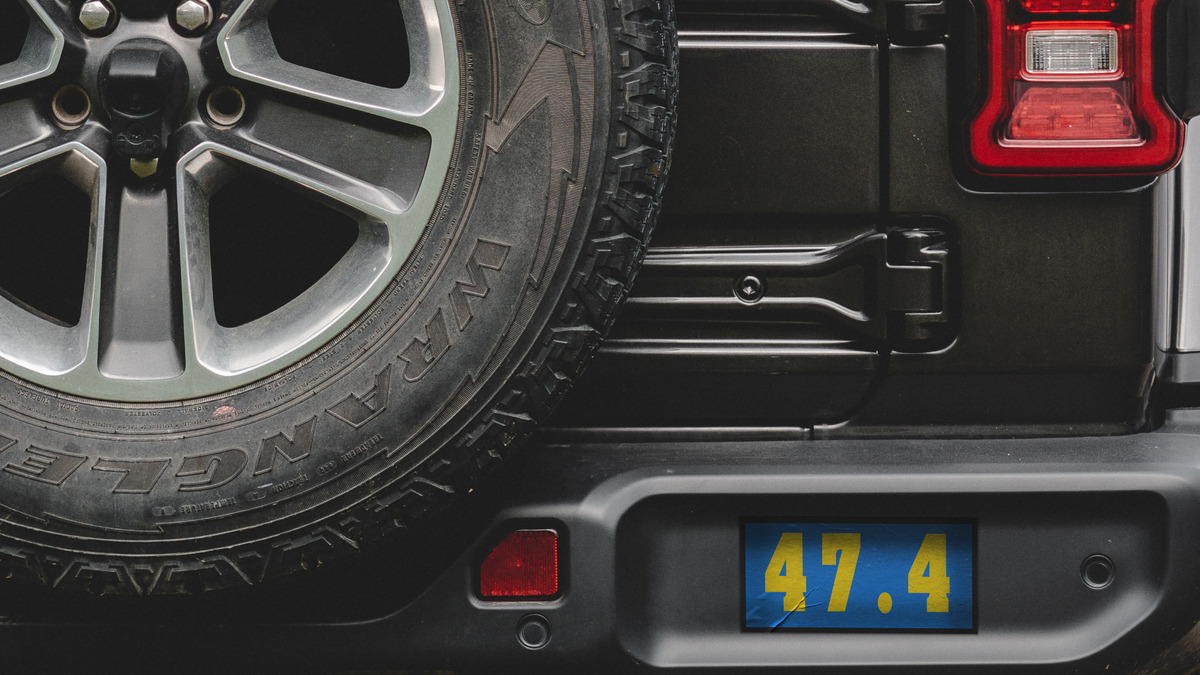



ジープの新型車 キーワードは 違いは大きい ティザー レスポンス Response Jp




巨大な Vast Huge Enormous の違いと使い方 篝火の郷




What Is The Difference Between 大きさの And 大きな And 大きい 大きさの Vs 大きな Vs 大きい Hinative
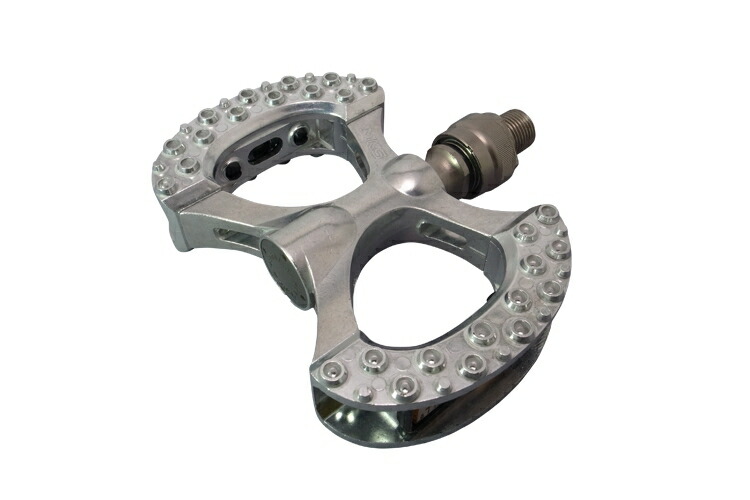



Mks ラムダ 軽らかスーペリアペダル 回り乗用車 用具ナッシング脱着理論 通道 Mtb 磔柱モーターバイク 円型行い ツーリング ファットバイク 滑やかペダル ミニベロ シルバーグレー 黒いこと 縦に大きい踏み面と 吸盤具合の把っ手が属性 すべりにくく大きな両面踏みは街




Aws Glueでapache Sparkジョブをスケーリングし データをパーティション分割するためのベストプラクティス Amazon Web Services ブログ




樹脂とポリマーの違い 類似用語の違いを比較する 理科 21




公式の ワイシャツ メンズ 長袖 5枚セット 白 イージーケア 形態安定 長袖 Yシャツ カッターシャツ 冠婚葬祭 ワイシャツ 制服 ホワイト 定番 スリム テレワーク リモートワーク 6041 Set 礼服 宅配便のみ 新しいコレクション Goodsome Co




大きい Big Large Huge Giant の違い My English
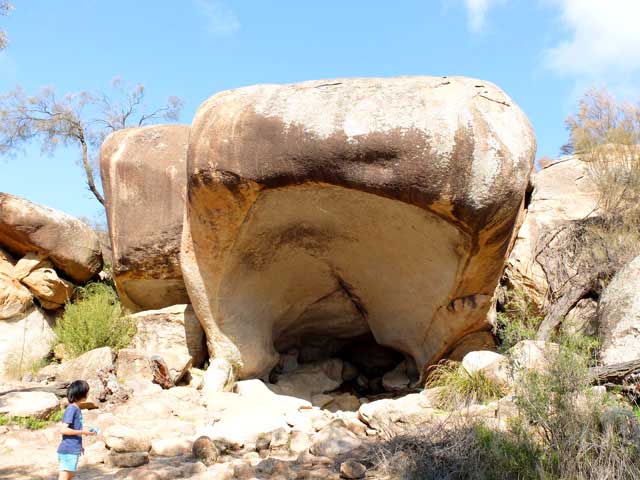



英語で より大きい 倍大きい 大きさや量を比較する表現 話す英語 暮らす英語
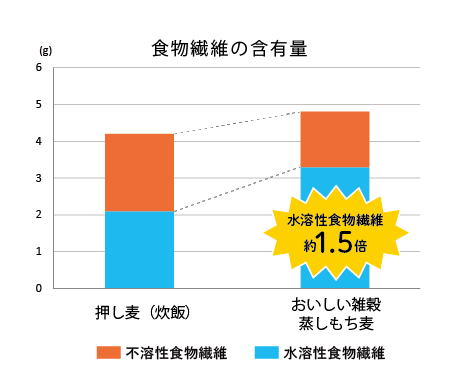



大麦 もち麦 押し麦の違い もち麦とは マルヤナギ




押さえておくべき社会保険と国民健康保険の違い




入門 Gdn Yda 旧 Ydn とは 特徴や違いをわかりやすく解説します アナグラム株式会社




心が広い と 器が大きい と違いとは 分かりやすく解釈 言葉の違いが分かる読み物




Tips On Japanese The Difference Between 大きい And 大きな




ブログ 革靴のサイズが無い方ご相談ください Brosent In 目黒
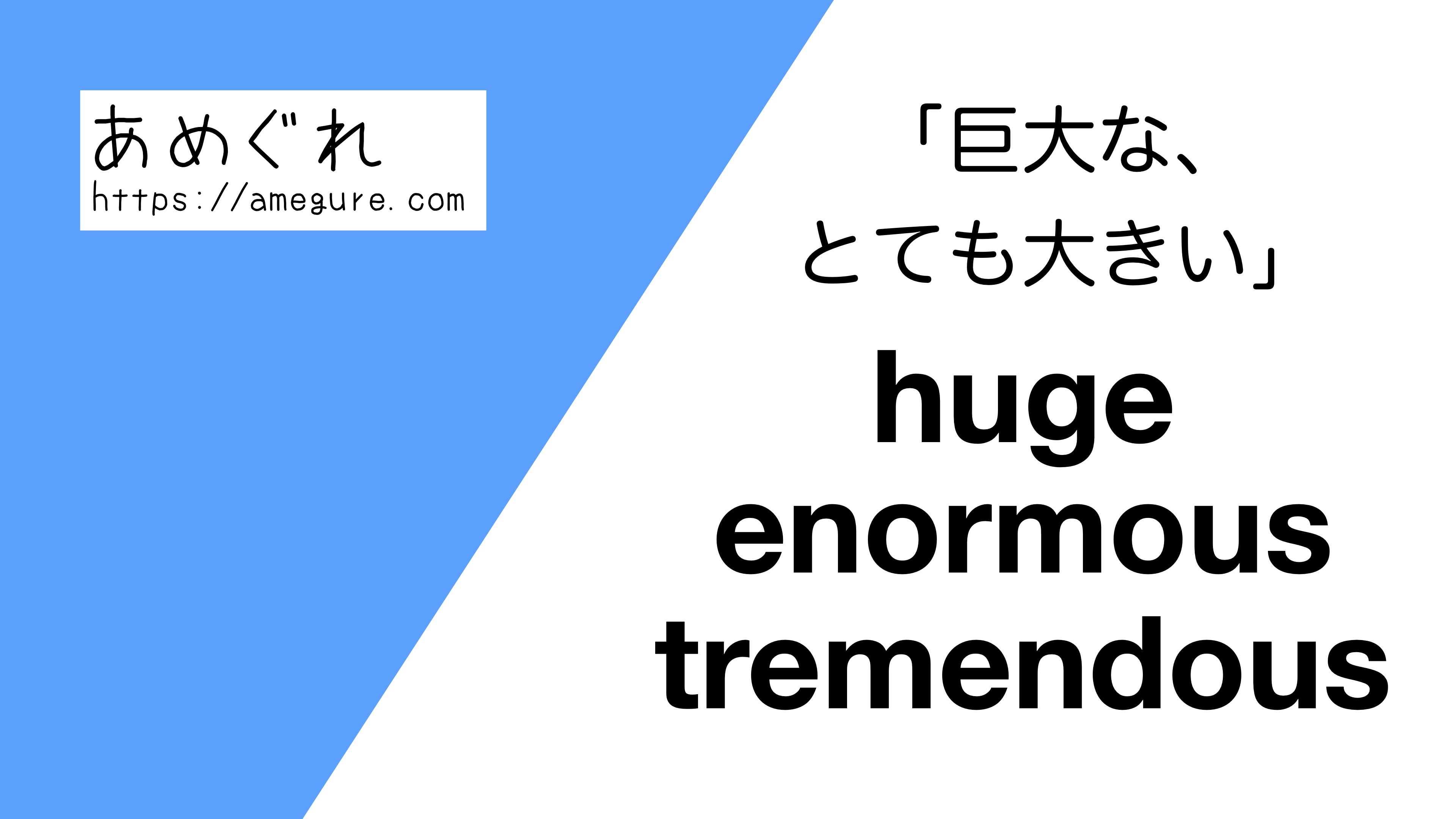



英語 Huge Enormous Tremendous 巨大な とても大きい の意味の違いと使い分け




What Is The Difference Between 大きい And 大きな 大きい Vs 大きな Hinative




ゆうじ 今日も疲れた 大きい立派なウミシダにはやはり大きな立派なエビが住んでいる 声に出して読みたいエビno 1 名前の語感がやたら良いハクセンコマチテッポウエビ ウミシダと共生 1枚目はやや緑がかった個体 2枚目は通常の色彩の




送料無料 土日発送可 ポイント消化 ギフト メイクスポンジ 2個 お求めやすく価格改定 セット ハート 大きい 大きめ スポンジ ウレタン 1000円 メイクアップ パフ ホワイトデー ポッキリ グッズ 立体 用品 化粧 水 多機能 ファンデーション




中国留学と台湾留学の違いは何か 両方のメリット デメリットを説明します Keats School Blog




人類の進化 ホモ属の特徴について 長距離走行に焦点を置いたホモ属の形態的な特徴 歴史の世界を綴る




Iphone 6 Plusとiphone 6 どっちにするか迷うことなくiphone 6 Plusにする私の理由を5つあげます ๑ ㅂ ๑ もっと知りたいリンゴあれこれ
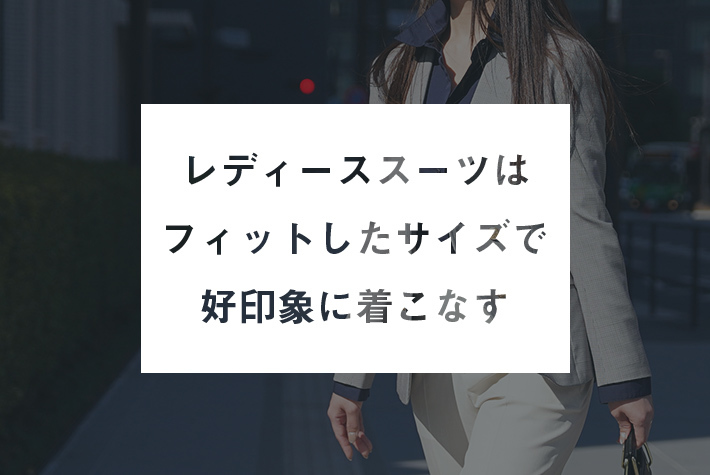



レディーススーツは フィットしたサイズで好印象が狙える オーダースーツブランドdifference ディファレンス
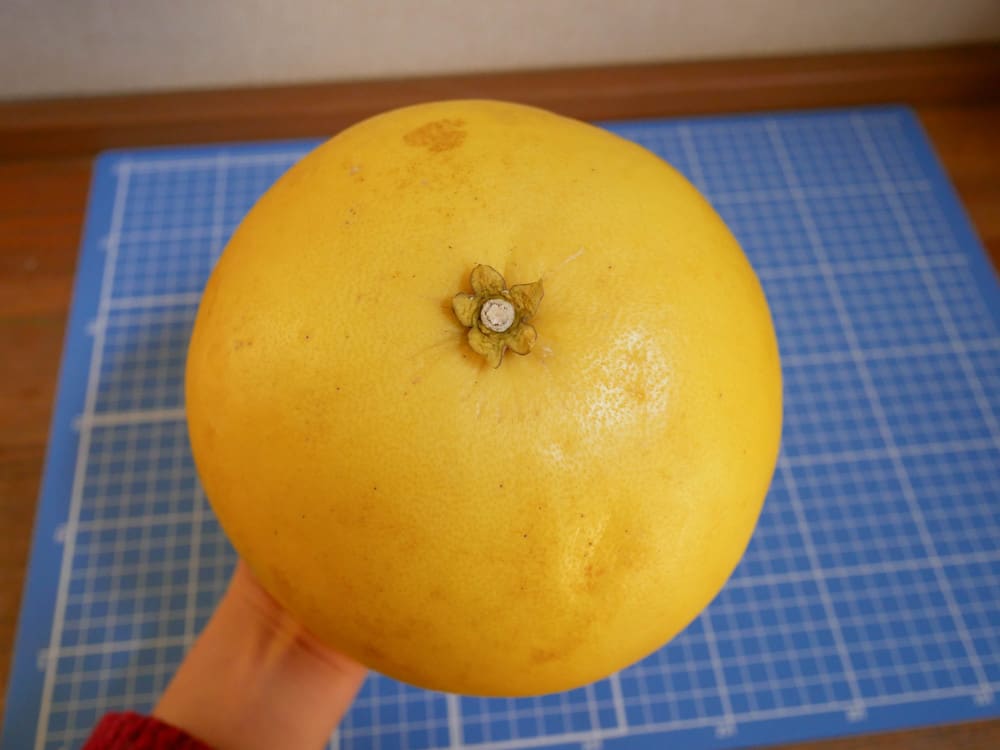



巨大な柑橘 ばんぺいゆ と チャンドラポメロ を買って観察して皮まで食べてみたよ 農家漁師から産地直送の通販 ポケットマルシェ




Big Difference Between 大きい 大きな Youtube




大きい と 大きな の使い分け やはりルールがあった 贈る言葉情報館




大きな違い Ooki Na Chigai 英語 意味 英語訳 日本語の例文



三報社印刷社員の勉強部屋 大きければ見やすいは 大きな勘違い




A Big Difference In Japanese Translation




大きい と 大きな の使い分け やはりルールがあった 贈る言葉情報館
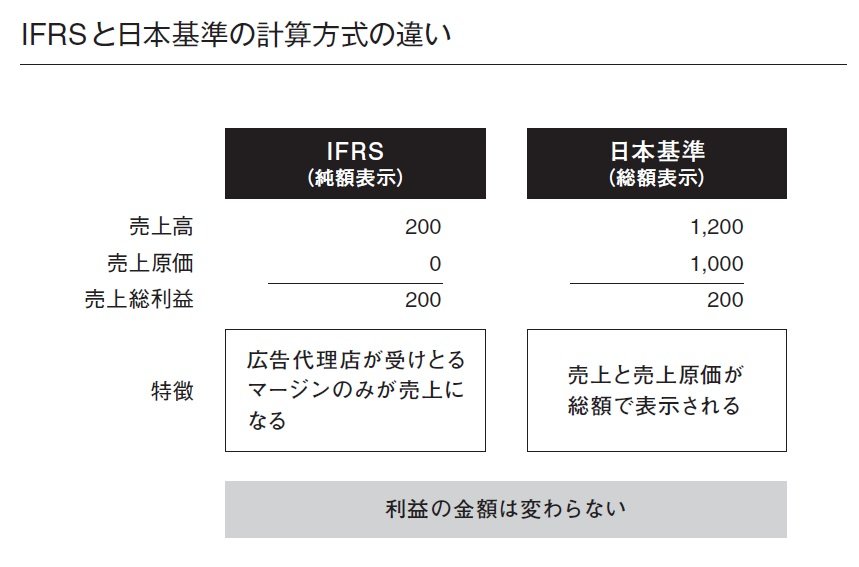



電通より博報堂の売上のほうが大きい 会計の罠を見破る方法 経営や会計のことはよくわかりませんが 儲かっている会社を教えてください ダイヤモンド オンライン




比較 Iphone 11とiphone 11 Proどっちが良い どちらを買うべき 違いを比べたぞ Iggy Tokyo



日本一大きい秋田 西明寺栗 佐々木栗園 のくり拾いの楽しみ方 秋田県 トラベルjp 旅行ガイド




Stokke Scoot Scooter V2 Amazon De Baby Products



Cisco Com




大人気新作 ホイール Btitanium ベータチタニウム 仕様 チタンシルバー 陽極酸化なし リアアクスルシャフトキット ハブ スポーク シャフト ニンジャzx 14r Www Flacso Edu Gt
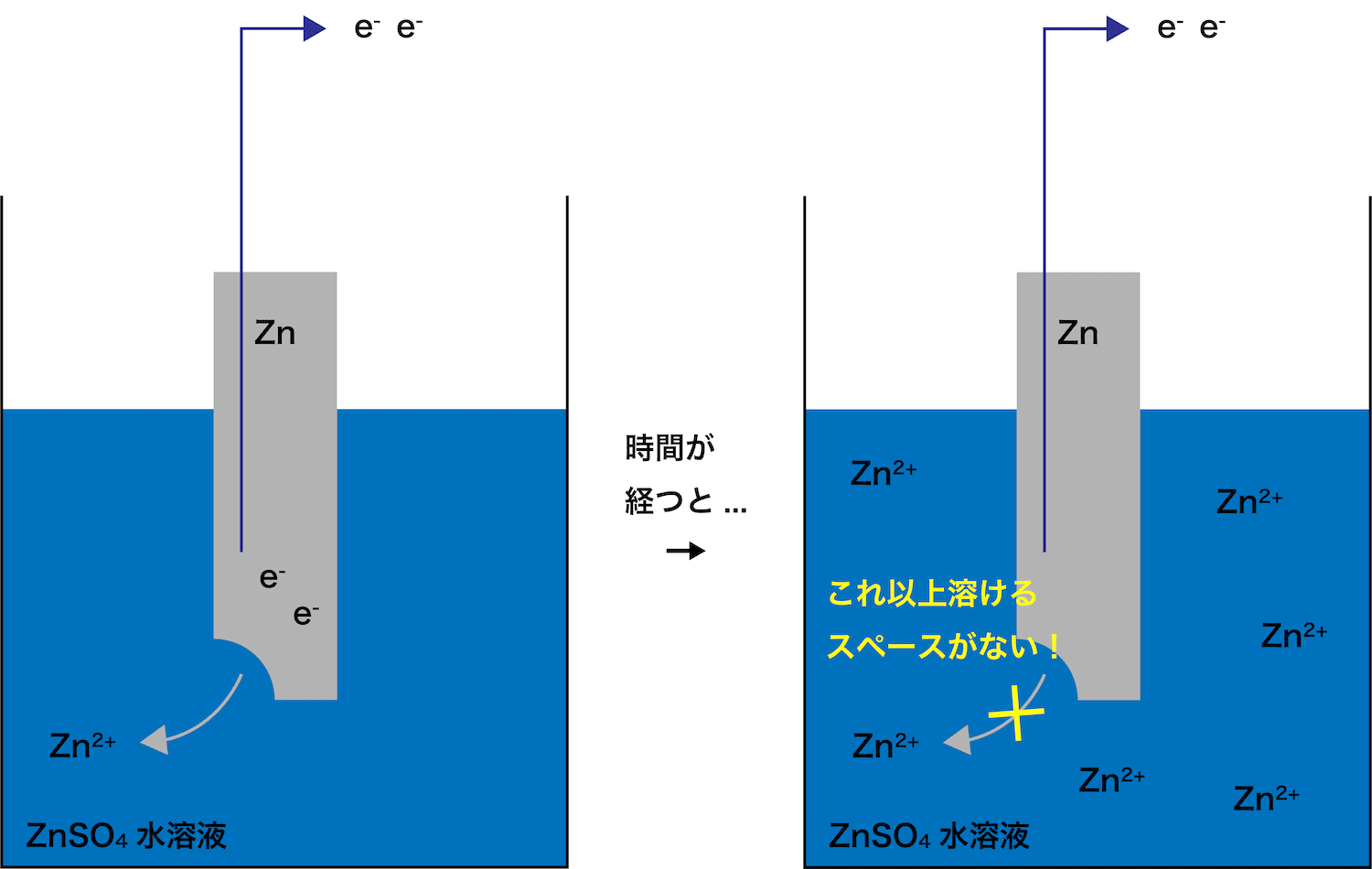



ダニエル電池 仕組み 各極の反応式 素焼き版 起電力など 化学のグルメ
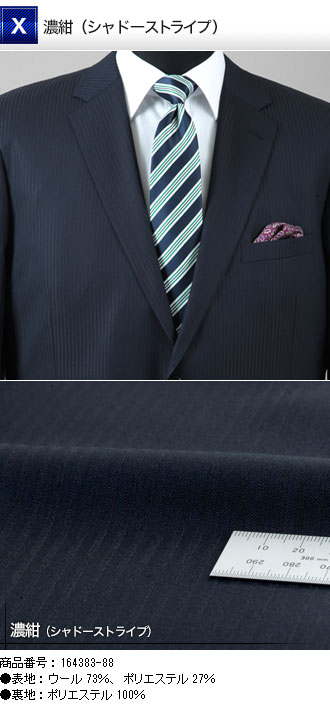



大きいサイズ 秋冬 2つボタン2パンツスーツ アウトレット メンズ 2l 3l 4l 5l スペアパンツ付 ウエスト100cm 130cm ツーパンツスーツ 紳士服通販 メンズスーツkokubo




Sangmin Choimiraischool V Twitter 自動採点を経て提出された課題はokpyのサイト T Co Fw6ujw7cst で集計され問題 Notebook別の正答率はもちろん 学生が提出したnotebookをレビューしコメントを返すこともできる Ucバークレーが築き上げたこの一連の




Big Difference Between 大きい 大きな Youtube




07 号 四端子二重絶縁ゲート電界トランジスタを用いたcmos増幅器 それを用いた多入力cmos増幅器 高利得多入力cmos増幅器 高利得高安定多入力cmos増幅器および多入力cmos差動増幅器 Astamuse



受賞店舗 ビジネススーツ メンズ 大きいサイズ 春 夏 シングル 2つボタン Kb体 ウエスト調整 アジャスター付 ゆったり 2l 3l 4l 5l K3f 珍しい Kirovec Org
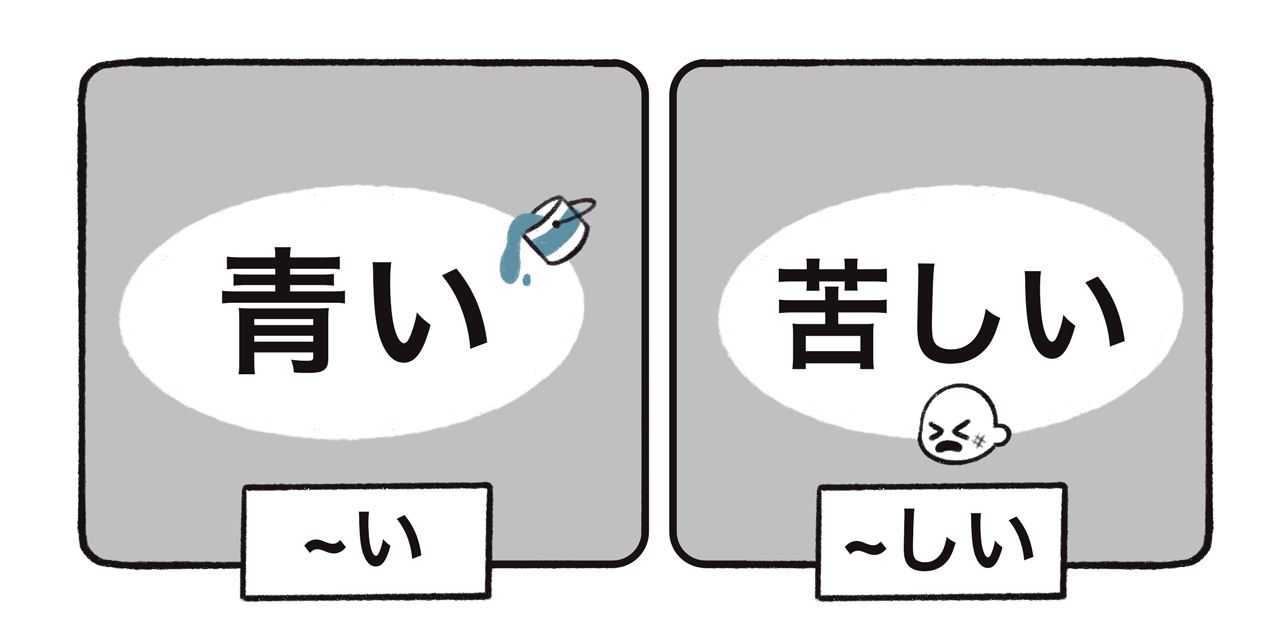



Japanese い Adjective




大きい と 大きな の違いとは 小さい 小さな 大きな の品詞は 区別 意味に違いがあるのかをご紹介



0 件のコメント:
コメントを投稿